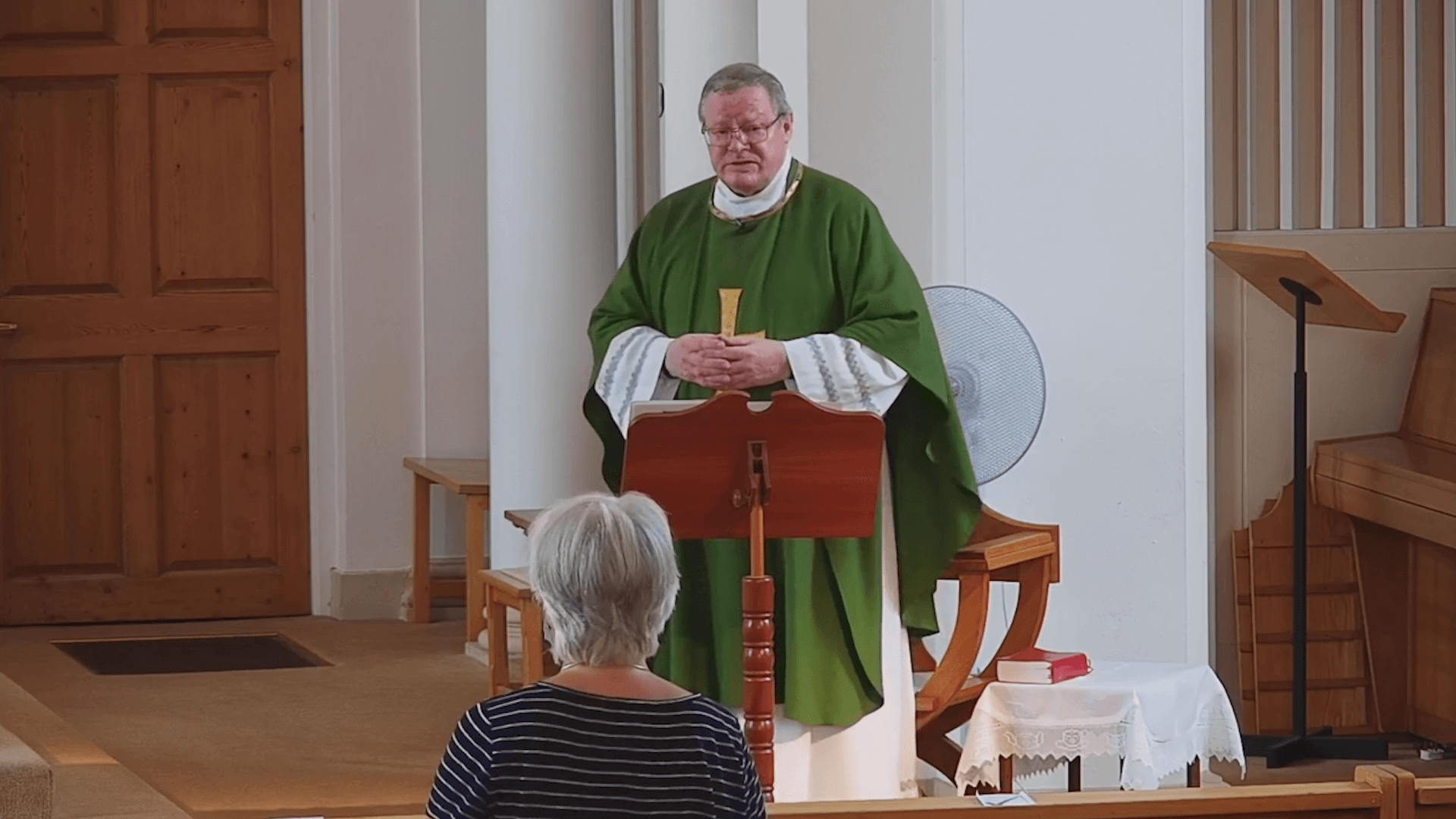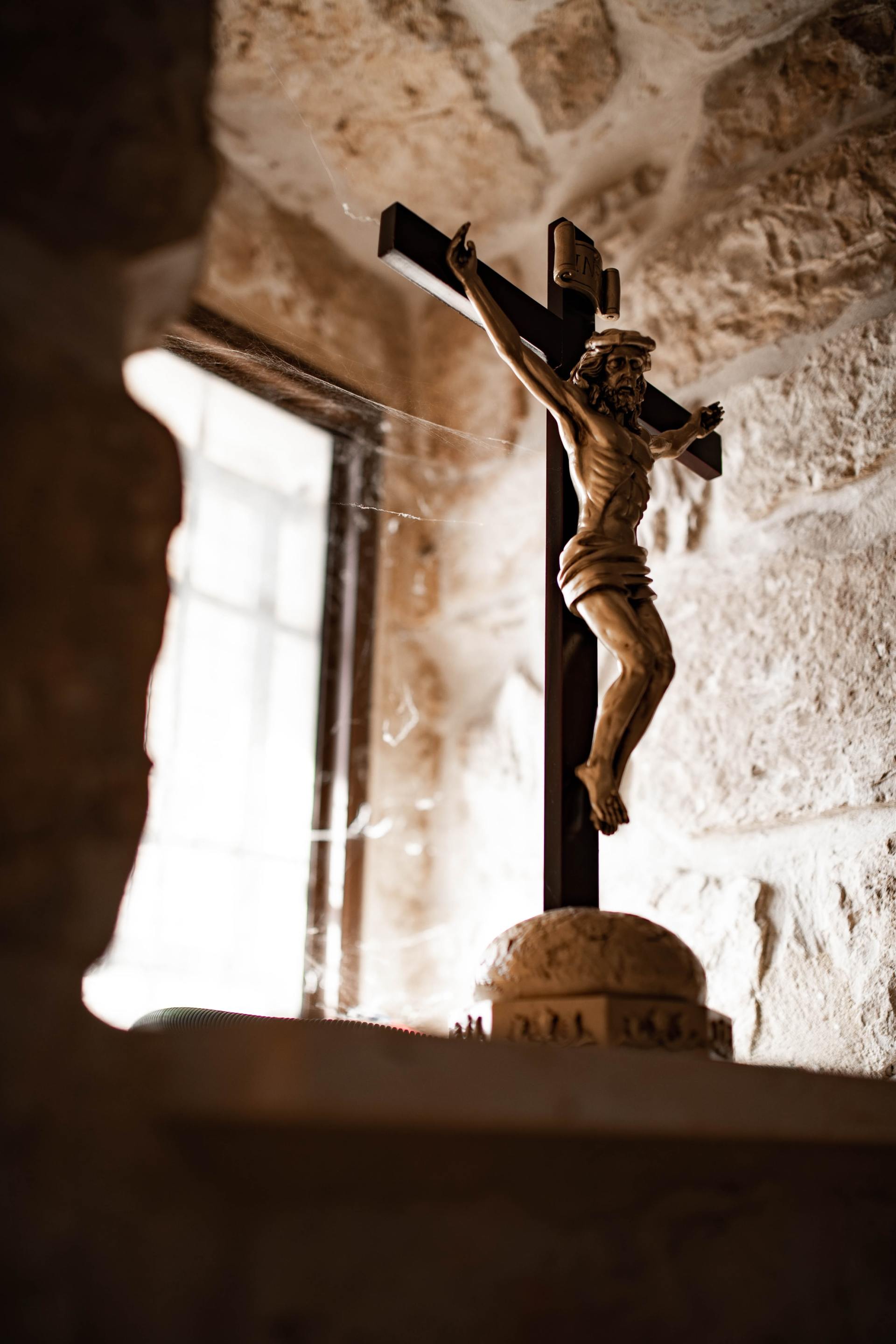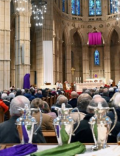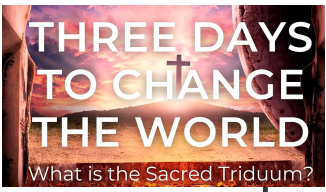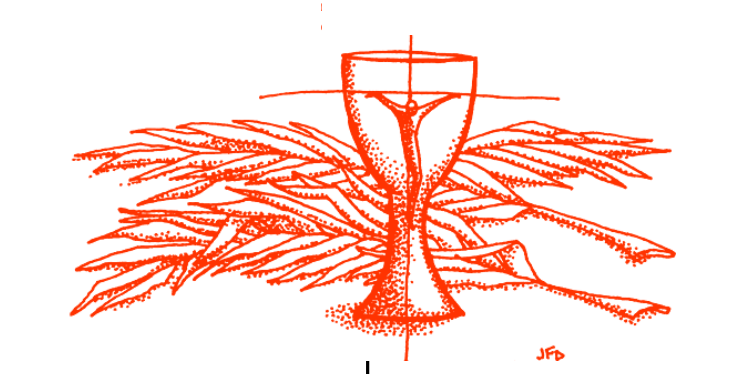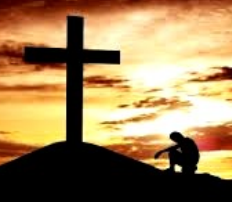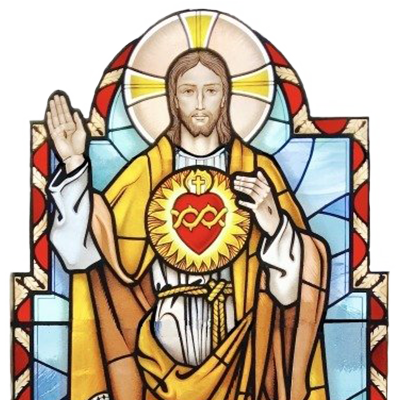Sunday 17th October 2021
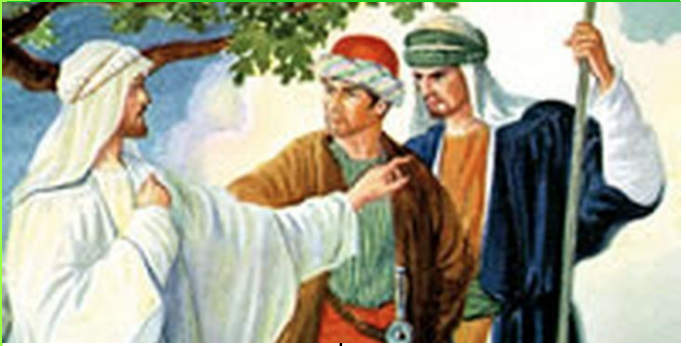
No one in Mark’s gospel approaches Jesus as arrogantly as James and John in this weekend’s reading. But perhaps our criticism of these two disciples who, with Peter, comprise the most intimate core of the Twelve, needs to be modified if we are honest with ourselves. How often do we, too, approach Jesus with selfcentred demands about our own plans rather than with deep faith in his plans for us?
It is as though James and John have not heard one word of what Jesus has told them about the suffering and death that await him in Jerusalem. All that they are concerned about is what Jesus can make happen for them when he comes into his ‘glory.’ What they want, they tell him, are the two best places next to him, on his right and on his left. Perhaps it is Jesus’ deep sorrow at the obtuseness of the brothers’ request that tempers his response to them. He answers with the images of “cup” and “baptism.” In the Old Testament, the cup was a rich and ambivalent symbol. It could refer not only to overflowing joy and communion with God (Psalm 23:5) and God’s salvation (Psalm 116:13), but also to the draining of the painful cup of punishment (Psalm 11:6; Isaiah 51:17; Jeremiah 49:12).
In his passion Jesus will gulp down the sins of the world, drain the cup of suffering and wrath so that it may be refilled will the joy of salvation. Can the brothers drink this same cup? The baptism of which Jesus speaks is his total submission in the flood of suffering and death. Can James and John go with him into these depths of his passion? Again, before we pass judgement on them, we need to ask ourselves if we accept the consequences of our sacramental baptism - a baptism into Christ’s death so that we may rise with him in newness of life (c.f. Romans 6:3-4).In the mention of the cup, do Christian communities hear and obey that echo of the Eucharist that also initiates us into participation into the selfgiving of Jesus and a sharing in his thirst for justice? The paradox of Jesus’ Good News must be constantly repeated: that there can be no glory without a share in his suffering. The failure of his disciples to understand him, his mission, or his relationship to his Father, was an aspect of Jesus’ suffering. Their desertion on the eve of his passion would add to the bitterness of the cup that he would drink, would be another flood of pain sweeping over him. Power and triumphalism, the desire for first places in the kingdom, have nothing to do with Christian leadership, yet into the hands of these frail and failing human beings Jesus entrusts the Christian community that would, in the power of his love and forgiveness, struggle through to resurrection with him. This is both our challenge and our consolation.
